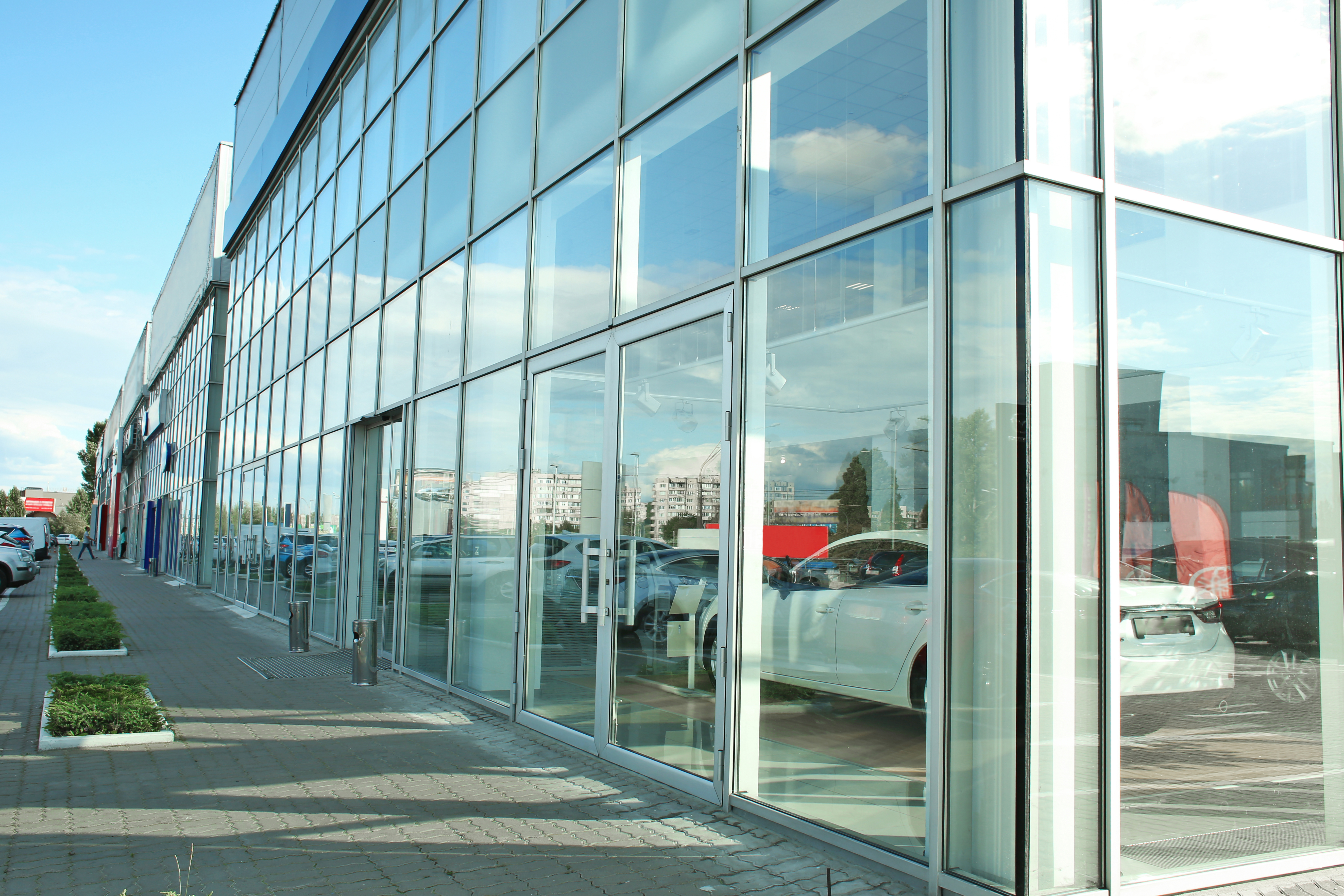The Legacy Model
Legacy Automotive Capital targets New Car dealerships and dealer groups in secondary and tertiary markets with the goal of acquiring the real estate that lies beneath the operating store directly from the dealer/owner.
Investment Amount: $3 million – unlimited
Tenancy: Minimum fifteen (15) year term, absolute-net (standardized lease) with 2% annual rent increases
Return Expectations: 9-10% cap rates
Credit: Strong cash flowing dealers and dealer groups
*Legacy also provides acquisition financing for dealers during the buy/sell process
Market Opportunity
There is a significant segment of the dealership population that is largely ignored by the institutional players active in the marketplace today such as Autonation, Group One, Penske, and Berkshire Hathaway.
Furthermore, the underlying real estate assets of these stores, typically owned for generations by the User/Dealer and bound by factory prescribed market areas, are not on the radar screen of the real estate investment community despite strong fundamentals and a massive market size.
Fund I will focus on the Northeastern States.
Legacy Platform
Market Intelligence and Data
• Dealership scoring & evaluation system
• Experienced investment committee with over 1,000 completed retail transactions and 50+ years of real estate experience
In House Sourcing Program
• Internally built direct to owner sourcing program through leverage of proprietary dealership network
• Licensed Real Estate Broker
Disciplined
Deal
Diligence
• Repeatable, thorough evaluation and diligence process on every deal to verify sustainability of dealership business and supportive land sale comps
Ongoing Investment Management
• Thorough and consistent reporting
• Experienced Property Management
Investor Return Expectations
5 Year Hold Period
- Preferred Investor Equity: 80%
- Sponsor Equity: 20% with a 1% aquisition fee and a 1% annual management fee
- Proposed Debt Structure: 35% equity/65% debt (25 year amortization, 5.25% interest, 5-10 year term)
- Initial Debt Service Coverage Ratio: 1.9
- Total project cash on cash yield from cash flow: 11.87% (5 year average)
- Investor cash on cash return from free cash flow: 9.5% (5 year average)
- Total project IRR on 5 year exit: 20.4% (Exit cap rates of 7% through a large portfolio sale to insitutional investors)
- Cash multiple for investors on a 5 year exit: 2.16
FAQs
What happens if the dealer/operator goes away and the fund loses its tenant?
In the highly unlikely event that a dealer operator decides to move the business or ceases to exist, the fund’s downside risk is mitigated by the fact that the underlying real estate has value and re-use potential. Automobile dealerships are typically zoned for retail/commercial use and are located on major thoroughfares with high traffic counts. Furthermore, the building improvements are significant, and the parking counts are typically large thus adding value and re-use options for the site.
Is there a risk that the manufacturers bypass the dealership network and begin selling directly to consumers thereby jeopardizing the tenancy of the fund i.e. the Tesla effect?
Direct automaker-to-consumer sales are now prohibited in almost every state by franchise laws requiring that new cars be sold only by licensed, independently owned dealerships. The specific prohibitions in these laws vary from state to state, but most are based on two underlying principles. The first principle is that allowing automakers to sell cars directly to customers will endanger the businesses of automobile franchisees, which presumably do not have the economic resources to compete with manufacturers on vehicle pricing. The second principle is that consumers need a knowledgeable, independent sales intermediary who is capable of guiding individuals through the buying process and can later be called on for support in the event of difficulties with the vehicle.
Does autonomous driving/ride-sharing impact the long-term viability of the New Car dealership business?
Autonomous driving is here and represents a potential threat to the current format through which new cars are sold. Over time, there may be less vehicles retailed to consumers because of Car Sharing. However, autonomous vehicles and those used by the car-pooling services still must be sold through the franchise system. Furthermore, these vehicles require the same, if not more, routine maintenance and software updating thereby increasing the number of overall visits to the dealership. The bottom line is that the physical layout of the dealership may be altered to a larger service center and smaller retail showroom over time, but the franchise dealer system will endure.
What if a seller wishes to divest of the real estate and the franchise/operating dealership together?
The fund may consider such a deal structure on a case by case basis. In such a case, the franchise/operating dealership would be acquired as part of a combined transaction in which the real estate would be separated and leased back to the operating entity. The store may be operated under a management agreement with the former owner or taken over under the direction of the fund. This will be the exception rather than the rule, but the fund’s dual mandate provides downside protection and enhanced optionality for liquidity / exit. Selling dealer operators may be offered an option to buy back the real estate at a later date in the event that a prospective buyer of their franchise sees exponential value in a Buy/Sell that includes the real estate. Such a provision will be offered to the dealer client at a premium to meet the return threshold of the fund.

